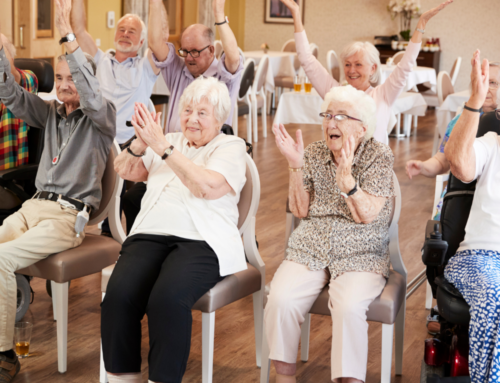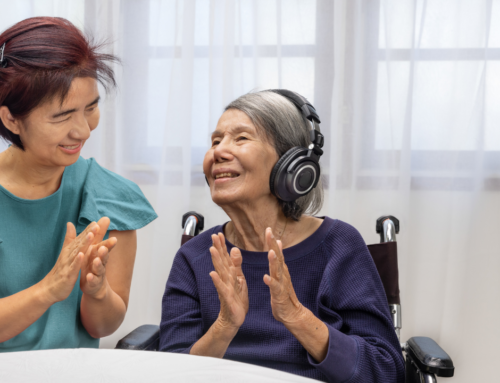The Impact of Volunteerism in Skilled Nursing Facilities
In skilled nursing homes, dedicated volunteers play a crucial role in enhancing the quality of life for residents. Volunteerism brings a unique dimension of warmth, compassion, and community support that complements the essential care provided by staff. In this blog, we’ll explore how volunteer work in skilled nursing facilities makes a meaningful impact, benefiting both residents and the community.
The Value of Volunteerism in Skilled Nursing Facilities
Volunteers are vital to skilled nursing homes, offering their time and energy to improve the lives of residents. Their contributions can range from organizing social events and leading recreational activities to providing emotional support and companionship. The presence of volunteers helps create a more engaging and supportive environment within nursing homes.
Key Benefits of Volunteer Work in Nursing Homes
- Improved Social Interaction: Volunteers facilitate increased social engagement for residents. Through activities such as conversation, games, and group outings, volunteers help reduce loneliness and foster a sense of community within skilled nursing homes.
- Enhanced Activity and Engagement: Volunteers lead and assist with various recreational and therapeutic activities, including arts and crafts, exercise programs, and music therapy. These activities are crucial for promoting physical health and mental stimulation among residents.
- Emotional Support and Companionship: Volunteers offer invaluable emotional support and companionship, providing comfort to residents who may have limited family visits. Their caring presence can significantly uplift residents’ spirits and contribute to their overall well-being.
- Intergenerational Connections: Volunteers from diverse age groups and backgrounds create intergenerational connections that enrich the lives of residents. This interaction offers residents fresh perspectives and learning opportunities while fostering mutual respect.
- Increased Community Awareness: Volunteering in skilled nursing homes raises awareness about the needs of the elderly and promotes a culture of empathy and community involvement. It encourages greater understanding and respect for the elderly population.
How to Get Involved in Volunteering
If you’re interested in making a difference through volunteerism, here’s how you can get started:
- Explore Local Volunteer Opportunities: Contact skilled nursing homes in your area to find out about volunteer programs. Many facilities have structured programs with specific roles and training for volunteers.
- Identify Your Skills and Interests: Consider what you enjoy and how your skills can benefit residents. Whether it’s conducting fitness classes, sharing hobbies, or simply offering companionship, your contributions can make a significant impact.
- Commit to a Regular Schedule: Volunteer programs often require a regular time commitment. Determine how much time you can offer and coordinate with the facility to establish a consistent schedule.
- Approach with Compassion and Enthusiasm: Engage with residents with empathy and a positive attitude. Your genuine care and enthusiasm will be highly valued and make a meaningful difference.
The Lasting Impact of Volunteerism
The impact of volunteerism in skilled nursing homes is profound and far-reaching. Volunteers enhance residents’ quality of life by providing social interaction, emotional support, and engaging activities. Their efforts help create a vibrant and caring community that extends beyond the walls of the facility.
If you’re considering volunteering or want to learn more about the benefits of community involvement in nursing homes, explore opportunities and make a positive impact. Your time and dedication can greatly enrich the lives of those who need it most.





